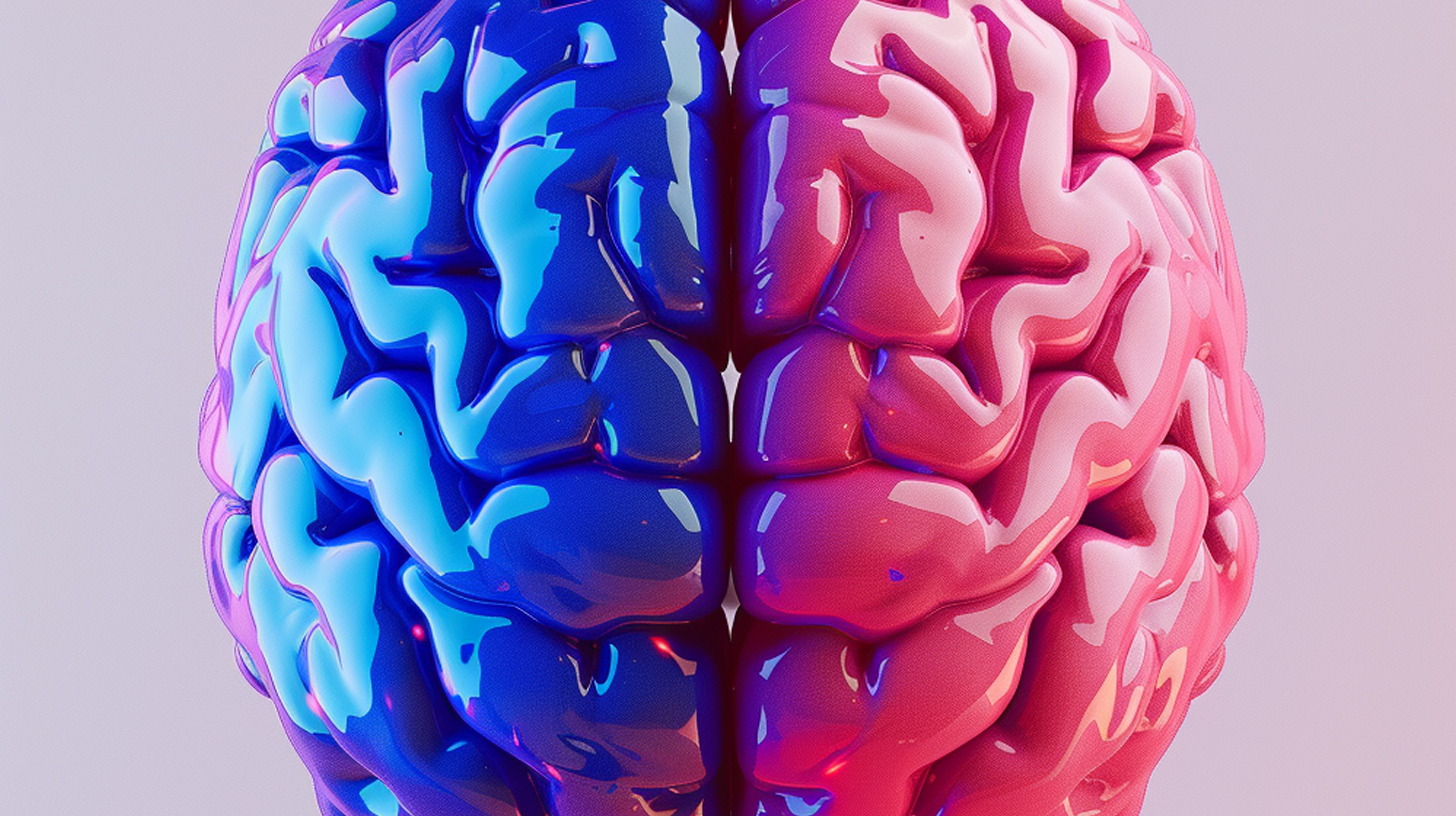Recreational sports, defined as physical activities undertaken for enjoyment and leisure rather than competition, play a crucial role in promoting mental well-being. These activities encompass a wide range of pursuits, from team sports like softball and volleyball to individual activities such as hiking and cycling.
The connection between physical activity and mental health is well-established in sports psychology. Engaging in recreational sports can lead to significant improvements in mood, reduced stress levels, and enhanced cognitive function. Regular participation in these activities triggers the release of endorphins, often referred to as “feel-good” hormones, which contribute to a sense of happiness and relaxation.
Moreover, recreational sports offer social benefits that positively impact mental health. They provide opportunities for social interaction, fostering a sense of community and belonging. This social aspect can be particularly beneficial in combating feelings of isolation and loneliness, which are known contributors to poor mental health.
Research in sports psychology has also shown that recreational sports can boost self-esteem and confidence. As individuals improve their skills and achieve personal goals, they experience a sense of accomplishment that translates into other areas of life. This increased self-efficacy can lead to improved overall mental resilience and a more positive outlook on life.
Understanding the profound impact of recreational sports on mental well-being underscores the importance of incorporating regular physical activity into our lives. Whether through organized team sports or individual pursuits, engaging in recreational sports offers a holistic approach to maintaining and improving mental health.
The Science Behind Sports and Mental Health: How Exercise Affects the Brain
The connection between sports and mental health is rooted in complex neurological processes. When we engage in physical activity, our brain undergoes significant changes in chemistry and function. Exercise stimulates the production of crucial neurotransmitters, including serotonin, dopamine, and norepinephrine, which play vital roles in mood regulation and cognitive function.
One of the most well-known effects of exercise is the release of endorphins, often referred to as the body’s natural painkillers. These chemicals contribute to the “runner’s high” phenomenon and help reduce stress and anxiety. Regular physical activity also promotes neuroplasticity, the brain’s ability to form new neural connections and adapt to new experiences. This enhanced neuroplasticity can lead to improved memory, learning capacity, and overall cognitive performance.
Furthermore, engaging in sports and exercise has been shown to increase the production of brain-derived neurotrophic factor (BDNF), a protein that supports the growth and maintenance of brain cells. Higher levels of BDNF are associated with better cognitive function and a reduced risk of neurodegenerative diseases.
The positive effects of exercise on brain chemistry extend beyond immediate mood enhancement. Long-term participation in sports and regular physical activity can lead to structural changes in the brain, including increased gray matter volume and improved white matter integrity. These changes are associated with better executive function, attention, and information processing speed.
Understanding the science behind sports and mental health underscores the importance of incorporating regular physical activity into our daily lives for optimal brain health and cognitive function.
Stress Reduction and Anxiety Management Through Recreational Sports
Engaging in recreational sports offers a powerful avenue for stress reduction and anxiety management. Physical activity releases endorphins, the body’s natural mood elevators, which can significantly alleviate stress and anxiety symptoms. Participating in sports also provides an opportunity to practice mindfulness, as focusing on the present moment during gameplay can help quiet racing thoughts and reduce worry.
Many recreational sports incorporate relaxation techniques naturally. For instance, the rhythmic breathing in swimming or the controlled movements in yoga can serve as effective coping mechanisms for anxiety. Team sports, on the other hand, offer social support and a sense of belonging, which are crucial for mental well-being.
Moreover, recreational sports provide a healthy outlet for pent-up energy and emotions, allowing individuals to channel their stress into productive physical activity. This can lead to improved sleep quality, enhanced self-esteem, and a greater sense of accomplishment, all of which contribute to overall stress reduction and anxiety management.
By incorporating recreational sports into one’s routine, individuals can develop a holistic approach to mental health, combining physical activity, social interaction, and mindfulness practices to effectively combat stress and anxiety.
Boosting Self-esteem and Confidence Through Recreational Sports Participation
Recreational sports participation offers numerous benefits beyond physical fitness, particularly in boosting self-esteem and confidence. Engaging in sports activities provides individuals with opportunities for personal achievement and skill development, which are crucial factors in building self-confidence.
As participants set and achieve goals within their chosen sport, they experience a sense of accomplishment that translates into improved self-esteem. This process of goal setting and achievement creates a positive feedback loop, encouraging individuals to push their limits and strive for continuous improvement.
Moreover, regular participation in sports can lead to enhanced body image. As individuals become more physically active and witness improvements in their strength, endurance, and overall fitness, they often develop a more positive relationship with their bodies. This improved body image contributes significantly to overall self-confidence.
Recreational sports also provide a platform for skill development. As participants learn new techniques, strategies, and master various aspects of their chosen sport, they gain a sense of competence and self-efficacy. This newfound proficiency often extends beyond the sports arena, positively impacting other areas of life and further boosting self-confidence.
In conclusion, recreational sports participation offers a holistic approach to building self-esteem and confidence. Through personal achievement, goal setting, skill development, and improved body image, individuals can cultivate a stronger sense of self-worth and self-assurance.
Social Benefits of Recreational Sports: Building Connections and Support Networks
Recreational sports offer far more than just physical benefits; they play a crucial role in fostering social connections and building robust support networks. Participating in team sports or group activities provides ample opportunities for social interaction, allowing individuals to meet like-minded people who share similar interests. This shared passion often serves as a foundation for lasting friendships and meaningful relationships.
Teamwork is an integral part of many recreational sports, encouraging participants to collaborate, communicate, and rely on one another. These experiences translate into valuable social skills that can be applied in various aspects of life, from personal relationships to professional settings. As individuals work together towards common goals, they develop a sense of camaraderie and mutual respect.
Community building is another significant social benefit of recreational sports. Local leagues, clubs, and tournaments bring people together, creating a sense of belonging and shared identity. These gatherings often extend beyond the playing field, with social events and activities that further strengthen community bonds.
The formation of friendships through recreational sports is particularly valuable. Shared experiences, challenges, and triumphs create strong connections between teammates and even friendly rivals. These relationships often extend beyond the sport itself, providing a network of support in various aspects of life.
Finally, the social support network developed through recreational sports can be invaluable. Teammates and fellow enthusiasts often become a source of encouragement, motivation, and emotional support. This network can be particularly beneficial during challenging times, offering a sense of belonging and understanding that contributes to overall well-being and mental health.
Depression Prevention and Management: The Role of Recreational Sports
Engaging in recreational sports can play a significant role in preventing and managing depression. Regular physical activity has been shown to alleviate depression symptoms and improve overall mood regulation. As a form of therapy, exercise can be particularly effective in combating the lethargy and low energy often associated with depression.
Recreational sports offer a unique combination of physical exertion and social interaction, both of which are beneficial for mental health management. The endorphins released during exercise can help boost mood and reduce stress, while the social aspect of team sports can combat feelings of isolation often experienced by those with depression.
Studies have consistently demonstrated the positive impact of physical activity on depression. Participants in recreational sports often report improved sleep patterns, increased self-esteem, and better cognitive function – all of which are crucial in managing depressive symptoms.
It’s important to note that while recreational sports can be a valuable tool in depression prevention and management, they should be used in conjunction with other treatments as recommended by mental health professionals. Incorporating regular physical activity into one’s routine can be an empowering step towards better mental health and overall well-being.
Cognitive Benefits: How Recreational Sports Improve Mental Acuity
Engaging in recreational sports offers more than just physical benefits; it significantly enhances cognitive function. Regular participation in sports activities has been shown to improve memory, both short-term and long-term. This improvement is attributed to increased blood flow to the brain and the formation of new neural connections.
Sports also enhance focus and concentration. The need to stay alert during gameplay trains the mind to maintain attention for extended periods, a skill that translates to other areas of life. This heightened focus can lead to improved performance in academic and professional settings.
Problem-solving skills are another cognitive area positively impacted by recreational sports. Team sports, in particular, require quick thinking and strategic planning, fostering mental agility. Players must constantly assess situations, make split-second decisions, and adapt to changing circumstances, all of which contribute to enhanced cognitive flexibility.
Moreover, the combination of physical activity and mental engagement in sports creates an ideal environment for overall brain health. This synergy not only boosts current cognitive performance but also helps maintain mental acuity as we age, potentially reducing the risk of cognitive decline and neurodegenerative diseases.
By incorporating recreational sports into our routines, we can enjoy a fun, social activity while simultaneously giving our brains a comprehensive workout, leading to improved mental sharpness and cognitive resilience.
Choosing the Right Recreational Sport for Your Mental Health Needs
When selecting a recreational sport to boost your mental health, it’s essential to consider various factors that align with your personal preferences and needs. Individual sports like swimming, running, or cycling can provide solitude and self-reflection, while team sports such as basketball or soccer offer social interaction and camaraderie. For those seeking low-impact options, activities like yoga, tai chi, or golf can be excellent choices, reducing physical strain while still offering mental benefits.
Outdoor activities like hiking, rock climbing, or kayaking can provide a connection with nature, which has been shown to reduce stress and improve overall well-being. Mind-body exercises such as Pilates or martial arts combine physical movement with mental focus, promoting mindfulness and emotional balance.
Consider your fitness level, time constraints, and personal interests when choosing a sport. Experimenting with different activities can help you find the perfect match for your mental health needs, ensuring long-term enjoyment and commitment to your chosen recreational pursuit.
Overcoming Barriers to Participation in Recreational Sports
Engaging in recreational sports can be challenging for many individuals due to various obstacles. However, with the right strategies, these barriers can be overcome. Time management is crucial for those with busy schedules; setting specific workout times and treating them as non-negotiable appointments can help. Motivation techniques, such as setting achievable goals and tracking progress, can keep enthusiasm high.
Accessibility issues can be addressed by exploring local community centers, parks, or online resources that offer sports activities. For those facing financial constraints, many communities provide free or low-cost sports programs. Additionally, seeking out used equipment or joining sports equipment lending libraries can reduce expenses.
Beginner-friendly sports like walking, swimming, or cycling are excellent starting points for those new to physical activities. These low-impact options allow individuals to build confidence and fitness gradually. Remember, the key to overcoming barriers is persistence and finding creative solutions that work for your unique situation.
Recreational Sports for a Healthier Mind and Body
Recreational sports offer a multifaceted approach to improving both physical and mental well-being. By engaging in these activities, individuals can enjoy a range of benefits that extend far beyond the playing field. Regular participation in recreational sports can lead to improved cardiovascular health, increased strength and flexibility, and better weight management. Moreover, these activities provide an excellent opportunity for stress relief, social interaction, and the development of important life skills such as teamwork and leadership.
As we’ve explored throughout this article, the advantages of recreational sports are numerous and varied. From boosting self-esteem to enhancing cognitive function, the positive impacts on mental health are particularly noteworthy. Additionally, recreational sports can serve as a gateway to a more active lifestyle, encouraging individuals to prioritize their health and fitness in other areas of their lives.
In conclusion, embracing recreational sports is a fun and effective way to invest in your overall health. Whether you’re looking to improve your physical fitness, expand your social circle, or simply find a new hobby, recreational sports offer something for everyone. By making time for these activities in our busy lives, we can take significant steps towards achieving a healthier, happier, and more balanced lifestyle.





